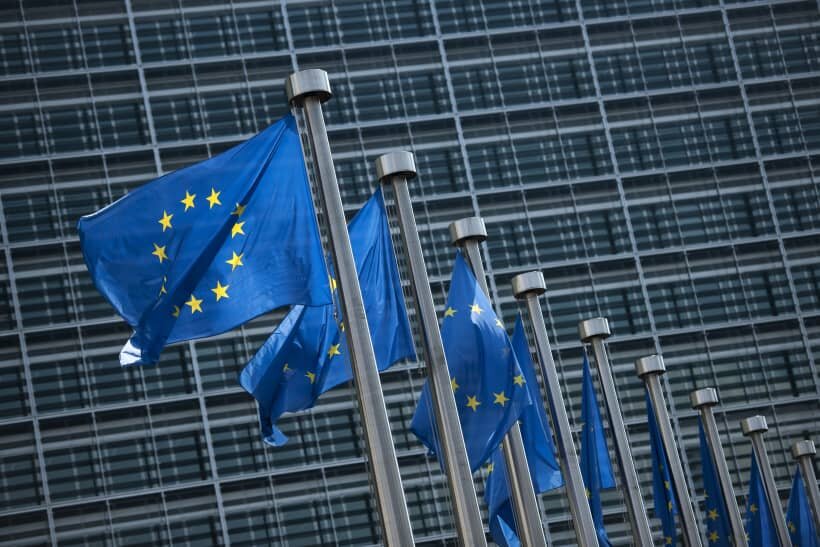EU imposes new sanctions on Iran over alleged human rights infringement

TEHRAN - The foreign ministers of the European Union have opted to impose further sanctions on a number of Iranian individuals and organizations in response to allegations of repression of recent riots and drone shipments to Russia in its war on Ukraine.
The Islamic Republic of Iran Broadcasting (IRIB) and 20 other persons have been sanctioned for suspected violations of human rights, according to a statement from the EU foreign ministers. Four additional individuals and the same number of businesses have been blacklisted due to the drone controversy.
Asset freezes and EU travel restrictions are two of the latest punishments imposed by the bloc.
The ministers denounced what they called the Iranian government's "pervasive" use of force against protestors.
Since Mahsa Amini, a 22-year-old woman, died unexpectedly in a hospital on September 16, three days after fainting at a police station in Tehran, protests supported by certain Western governments have erupted in certain Iranian cities. According to medical examinations, a chronic illness, rather than a rumored blow to her head or other vital organs, was declared as the cause of her death.
Meanwhile, the violent riots have resulted in the deaths of several individuals as well as security personnel and have opened the door for terrorist acts. The rioters and militants have killed about 60 security forces, including police forces and Basij members.
The new sanctions follow a round of sanctions imposed by Iran on dozens of EU and British individuals and entities for their support and instigation of the recent deadly riots in the country, as well as their meddling statements about the Islamic Republic's internal developments.
The EU foreign ministers also chastised Iran for accusations of drone shipments to Russia and allegations that Russia is using such weapons against the infrastructure and civilian population in Ukraine.
Russia and Iran have both vehemently refuted allegations that Tehran sent Moscow drones for use in the conflict in Ukraine.
In July, U.S. National Security Advisor Jake Sullivan made the first anti-Iran allegations, claiming that Washington had "information" indicating that the Islamic Republic was getting ready to give Russia "up to several hundred drones, including weapons-capable UAVs on an expedited timeline" for use in the conflict.
In November, Iranian Foreign Minister Hossein Amir Abdollahian downplayed media speculation over Tehran's purported backing for Russia in the Ukraine crisis, noting that Tehran had given Moscow a small number of drones months before the outbreak of conflict.
In addition, he promised that Iran would not stand idly by if it were established that Russia had utilized Iranian drones in the conflict.
